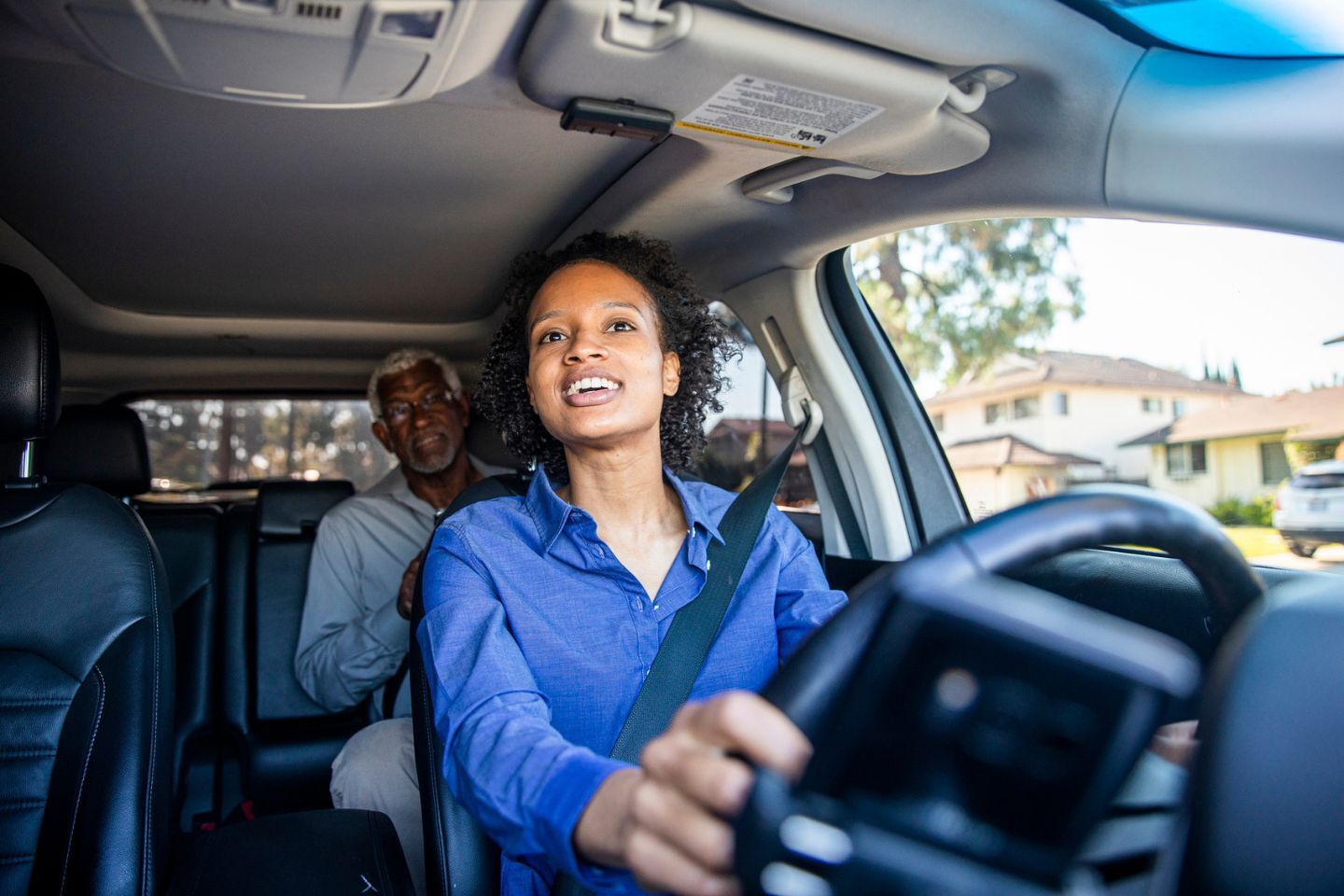Uber has sounded the alarm over a potential exodus from Minneapolis due to a new city ordinance that aims to increase driver wages. The company has warned that if the ordinance takes effect, it could drive prices skyward, potentially leading to the cessation of its operations in the city.
Pay Increase For Drivers
The proposed Minneapolis law seeks to mandate a pay increase for rideshare drivers, a provision designed to bolster their earnings. However, Uber is not taking this development lightly, advocating for the Minneapolis City Council to reconsider the decision.
In response, Uber directly addressed its customers through an email, asserting that the passage of this bill would force them into an unfavorable corner. The email stated, “If this bill were to pass, we would unfortunately have no choice but to greatly reduce service, and possibly shut down operations entirely.” The statement not only highlights the gravity of the situation but also underscores Uber’s determination to protect its business interests.
Uber Threatens To Cut Ties With Minneapolis Drivers
This is not the first instance of Uber clashing with regulatory measures aimed at improving driver welfare. A similar narrative unfolded when Minnesota state contemplated comparable legislation. Uber adopted a similar tone, issuing a warning about potential negative consequences. In that instance, Governor Tim Walz intervened with a veto, the only one he’s issued during his tenure.
The potential departure of Uber from Minneapolis has travelers and residents concerned about the broader implications for transportation options. Uber has become an integral part of the city’s mobility ecosystem, offering convenient and efficient rides for countless individuals. If the service reduction materializes, travelers could face limited alternatives, potentially leading to inconvenience and longer wait times.
What This Means For Travelers
The Minneapolis City Council’s pursuit of fairer wages for rideshare drivers is part of a broader trend to address labor concerns in the gig economy. While such initiatives aim to ensure drivers receive equitable compensation, the potential fallout for travelers cannot be ignored.
Should Uber follow through with its warning, it could create a void that other rideshare companies may struggle to fill in the short term. This could exacerbate transportation challenges, particularly for those who heavily rely on app-based services for their daily commute or travel needs.
As discussions surrounding the ordinance continue, the fate of Uber’s presence in Minneapolis hangs in the balance. While the city seeks to uplift driver incomes, the ramifications for users could be far-reaching. All eyes are on the negotiations between Uber and the Minneapolis City Council, with the hope of finding a solution that accommodates both driver welfare and the convenience of the city’s inhabitants.





